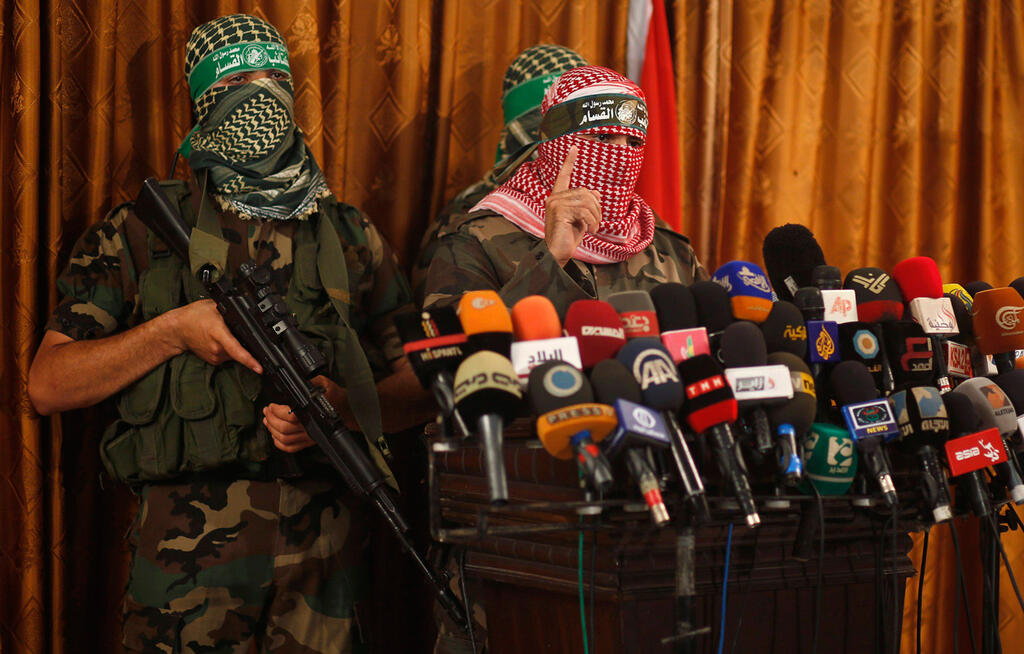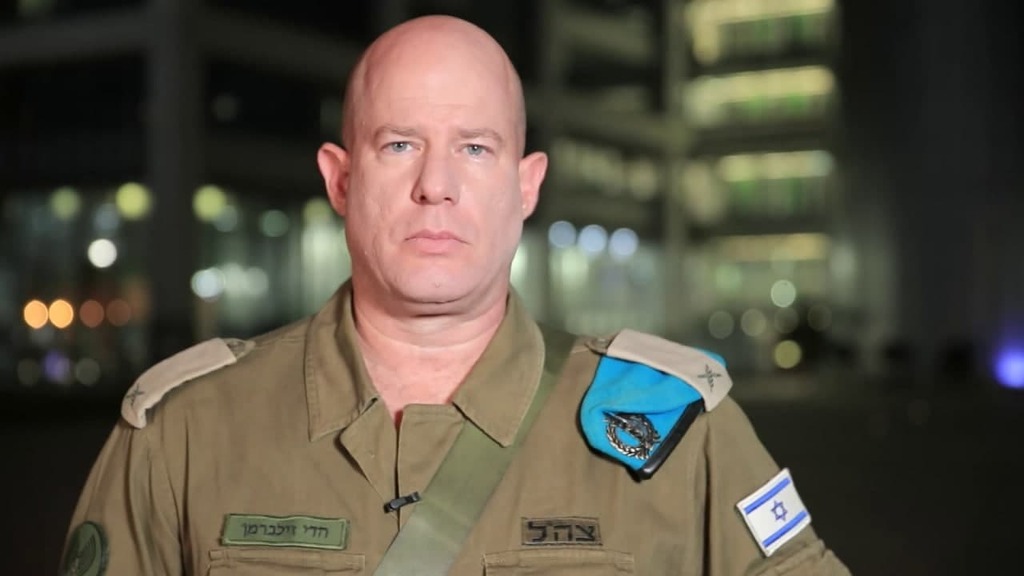Getting your Trinity Audio player ready...
As with all of Israel's recent military operations, it miserably failed on the public relations front. As always, the country's military achievements are dwarfed by its inadequacies on the global stage.
Israel was bombarded by thousands of rockets — some of which even reaching its capital, forcing its elected representatives to run for cover within its own parliament — killing and wounding citizens and children. But nevertheless, we keep losing the media war.
On the surface level, it seemed like we were prepared for this, establishing an official governmental PR arm just for this sort of occasion.
"The center was established in accordance with a government decision as follows: "The National Information Headquarters will coordinate all information bodies in the State of Israel in order to present a reliable, uniform and consistent information policy," the department's website reads.
Although that does sound promising, Prime Minister Benjamin Netanyahu opted to leave it leaderless, effectively paralyzing the entire effort.
Maybe the premier thought he could outperform the department by himself. Maybe he thought that he will place authority within the hands of a worthy competitor, G-d forbid.
Either way, there is no one directing Israel's PR efforts at a time it is most crucial.
Instead of a unified and coherent front — the task befell a long list of different elements: The Prime Minister's Office, the IDF, the foreign and defense ministries, the police, the Shin Bet domestic security agency and local authorities.
Numerous informants, but no information. No coordination, no authority, no objective or a unified media front.
And before us stood the Palestinian propaganda machine — a focused, well-oiled, sophisticated and world-encompassing enterprise with clear and dramatic press releases, as well as a thorough understanding of news and social media.
Take for example current IDF Chief Spokesperson Brig. Gen. Hidai Zilberman. Many people said he was an incredible artillery officer, but there is a stark difference between knowing how to fire a cannon and being a good spokesperson.
In the past, the position of the top military spokesperson was given to seasoned media personnel or those who at least boast pertinent academic credentials.
In my time as a lecturer at Haifa University, I had the pleasure of teaching four people who ended up taking the post. A spokesperson who is alien to the media world and has no experience in the field — will botch every interview and statement.
When asked to justify the IDF's strike on a Gaza high-rise that housed international media outlets, such as Al Jazeera and The Associated Press, over what the military claimed was terroristic activity in the building's premises, Zilberman responded that the evidence "will come to light soon."
Soon? In today's media, there is no such thing as soon, not a few days or even a few hours.
You have several minutes at best to present your case and you better have good enough evidence to back it up. Those who do not understand this, do not understand how media works.
Israel's PR efforts also failed to see the full picture. The IDF might have struck launching platforms, terror tunnels, ammunition depots and bunkers — but that is not what the media said.
3 View gallery


An Israeli strike on a Gaza tower housing international media outlets
(Photo: Reuters)
Hamas' propagandists, with the potential help of over 1.5 billion Muslims around the world, stormed social media. Within hours, they uploaded thousands of videos, songs and messages of support from international celebrities.
Not only were the Israelis late to react on social media, but completely ignored the fact that platforms like Facebook, Twitter, Youtube and Instagram have all been superseded by Tik Tok, where the terror group was nearly uncontested.
For two years, we have been calling out the fact that Tik Tok was being used to spread messages of violence and hate. Our study listed the evidence we gathered of anti-Semitic and terroristic content on the platform.
Nobody in Israel cared to even the report a look, leaving foreign security services and institutions.
Using PR during a crisis is a cynical and calculated affair. Both sides throw dismembered bodies, demolished houses, bleeding children and burning buses onto the center of the stage to get attention.
It requires a comprehensive understanding of what is the best platform to use in order to convey messages in the most effective way and a unified and coherent strategy to accomplish this.
But most of all, it requires savvy professionals who are wholly dedicated to the task, equipped with all the tools needed at their disposal. Not tomorrow, but now.
Prof. Gabriel Weimann is a Professor of Communications at the University of Haifa and IDC Herzliya.



